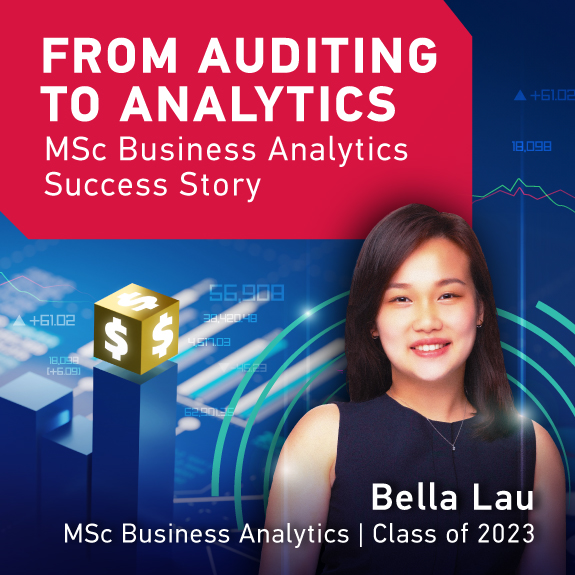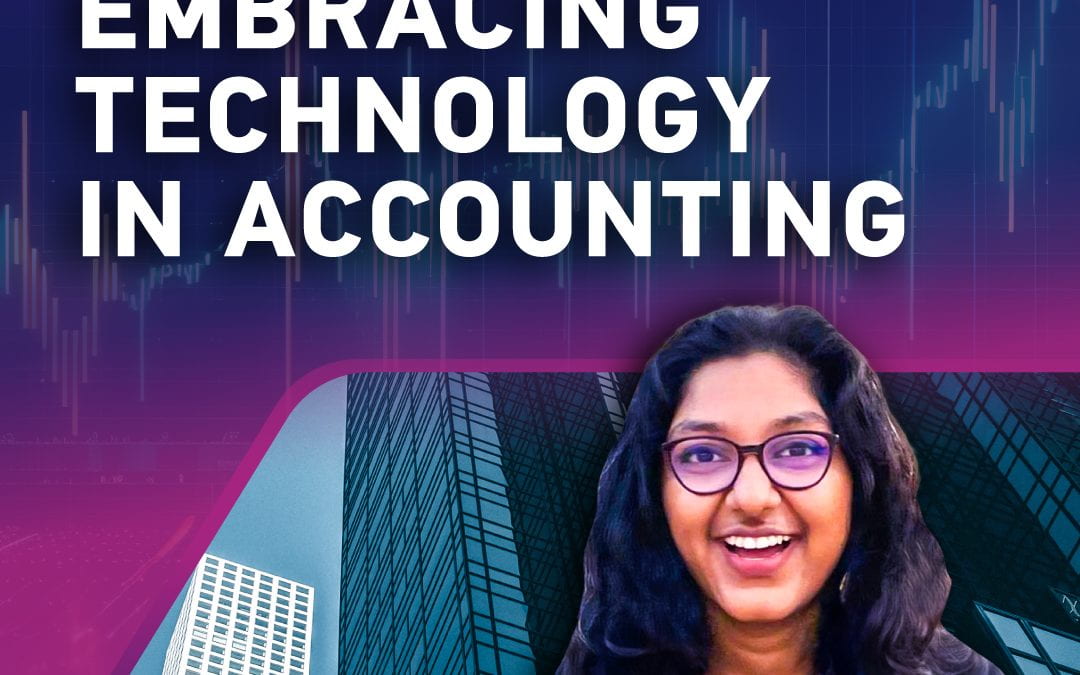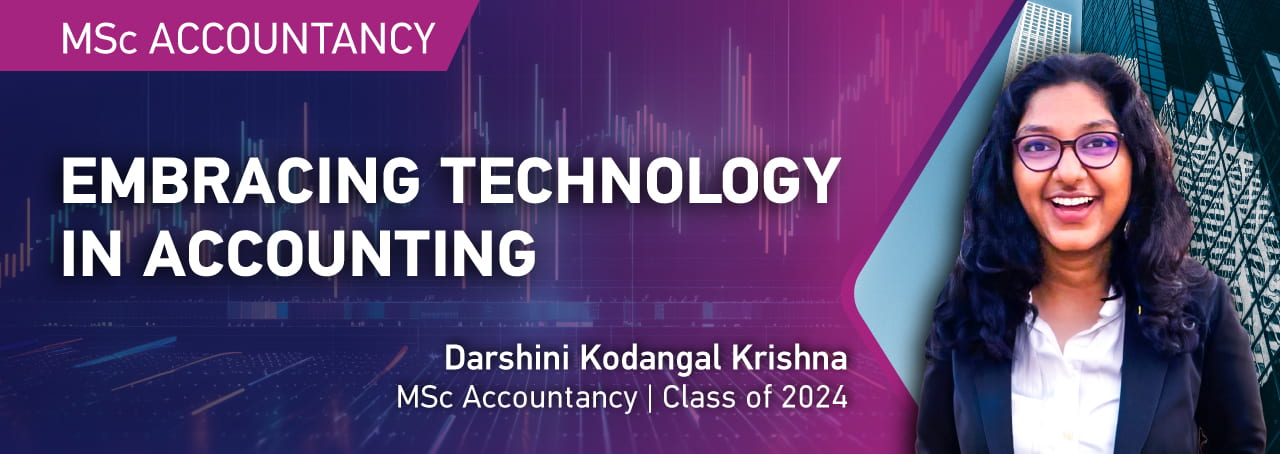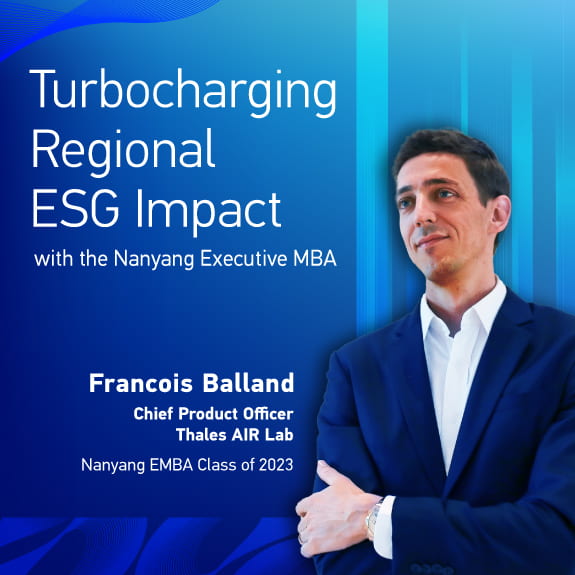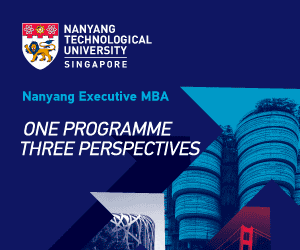
Charting New Career Directions With The MSc Financial Engineering Programme
Graduate Studies Blog
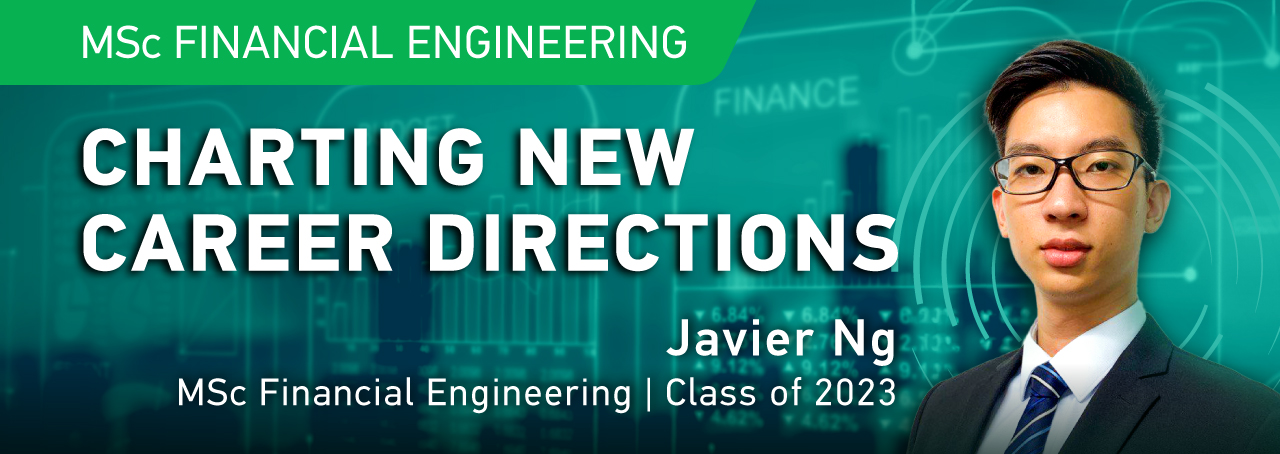
MSC FINANCIAL ENGINEERING
Charting New Career Directions With The MSc Financial Engineering Programme
Internships can be a gateway to unexpected career paths, and Javier Ng certainly made full use of the opportunity to explore his options. By the end of his Double Degree in Accountancy & Business at Nanyang Technological University (NTU), he already had five internship stints under his belt – and a new career direction in mind.
“I tried multiple internships in different areas to find out what I enjoyed and didn’t enjoy,” explained Javier. This included an audit internship at a chartered accounting firm, a data analytics internship, and a Research & Strategy internship at Dymon Asia Capital, an investment management firm. It was this last stint that piqued his interest in a pivot towards investment.
“It was my first foray into markets, and I learnt a lot with access to materials from different sell-side banks,” he recalled. “I love the uncertainty and challenge that the markets bring.”
But to take on today’s highly complex markets, Javier needed the quantitative finance skills to analyse investment opportunities and measure risk. In this article, he shared how NTU’s MSc Financial Engineering (MFE) programme was the launchpad to jumpstart his career pivot, opening doors to his current role at the global investment bank Nomura.
Adapting to a highly quantitative curriculum
Financial engineering brings together the best of mathematics, financial theory, and computing to solve financial problems. From advanced statistical modelling to methods for asset pricing, NTU’s MFE programme equips participants with the skills to conduct quantitative analysis on financial markets.
Javier entered the programme intending to build his quantitative skills, but its rigour still came as a shock for him. “Coming from a business background, the heavily quantitative nature of the curriculum took me by surprise,” he admitted.
Despite struggling to pick up technical skills quickly, he considered this experience to be his most valuable takeaway from the programme. “I learnt to stay determined, and to clarify doubts when I’m uncertain,” he said. To shorten his learning curve, he would share notes with coursemates and do independent research before emailing his professors with queries.
Javier’s challenge was compounded by the fact that he was juggling work and school. For three semesters, this go-getter pursued a full-time internship with a leading local bank while completing his MFE degree full-time. The secret to staying sane during this busy period, he said, was strategic time management.
“Focusing on everything would get me nothing. Hence, I decided to focus more on modules that I had a keen interest in as a career path,” he shared. “I barely had time to unwind, so I also tried to find pleasure in the study process.”
Paving the way to career opportunities
Like most of his peers, Javier’s main concern was preparing to secure a job after graduation. Internships were a key way for him to get his foot in the door of the investment world, and his MFE degree gave him an edge over other applicants.
“Not many people complete a quantitative master’s degree. If you’ve done so, that places you a level above others in terms of viability,” he explained. “The MFE programme gave me the opportunity to re-invent myself for a career in Global Markets.”
Beyond the classroom, Javier highlights the career support he received from the Graduate Studies Career Development Office (GSCDO) at Nanyang Business School. The GSCDO’s team of career counsellors helped him to polish his resume, and offered advice at a crucial crossroads in his career path.
“I had a summer internship lined up with Nomura, a leading financial services group and investment bank,” he recounted. “But to do that internship, I would have to defer my graduation by six months. I wasn’t sure if delaying my graduation was the best course of action, given the chance that I might not get converted to a full-time role.”
After consulting the GSCDO, Javier eventually decided to take a chance on deferring his graduation. His leap of faith paid off – post-graduation, he secured a position as a Global Markets Analyst at Nomura.
Learning to “be like water”
As part of his training as a Global Markets Analyst, Javier completed a rotation programme across various teams at Nomura. He has now settled into a permanent role at the Structured Rates Trading desk.
It’s a dynamic role that calls for agile problem-solving and constant innovation. One of his most memorable projects so far has been creating an internal tool that “filters out recommended trades for traders analysing carry against volatility in the linear Emerging Markets (EM) rates market,” he revealed. “It also allows users to compare the historical data of multiple trade ideas.”
Tackling a steep learning curve with each new rotation is no mean feat, but Javier’s time at NTU has prepared him well for the challenge.
“With its fast-paced curriculum, the MFE programme taught me how to think and learn quickly on my own,” he affirmed. For him, this agility is the most essential skill for success that he has acquired from the MFE programme.
“I believe only 10% of what you learn will be applicable in the industry. It’s hard to find a role that perfectly fits the skillsets we learn in the MFE programme,” he explained. “The most important skill is – as Bruce Lee puts it – to ‘be like water’. Be formless and adaptable. That way, even if something is new to you, you’ll be able to pick it up quickly.”
In a fast-evolving finance landscape, the MSc in Financial Engineering programme equips you with the agility and industry-ready skill sets to stay ahead. Learn more about the programme here.

